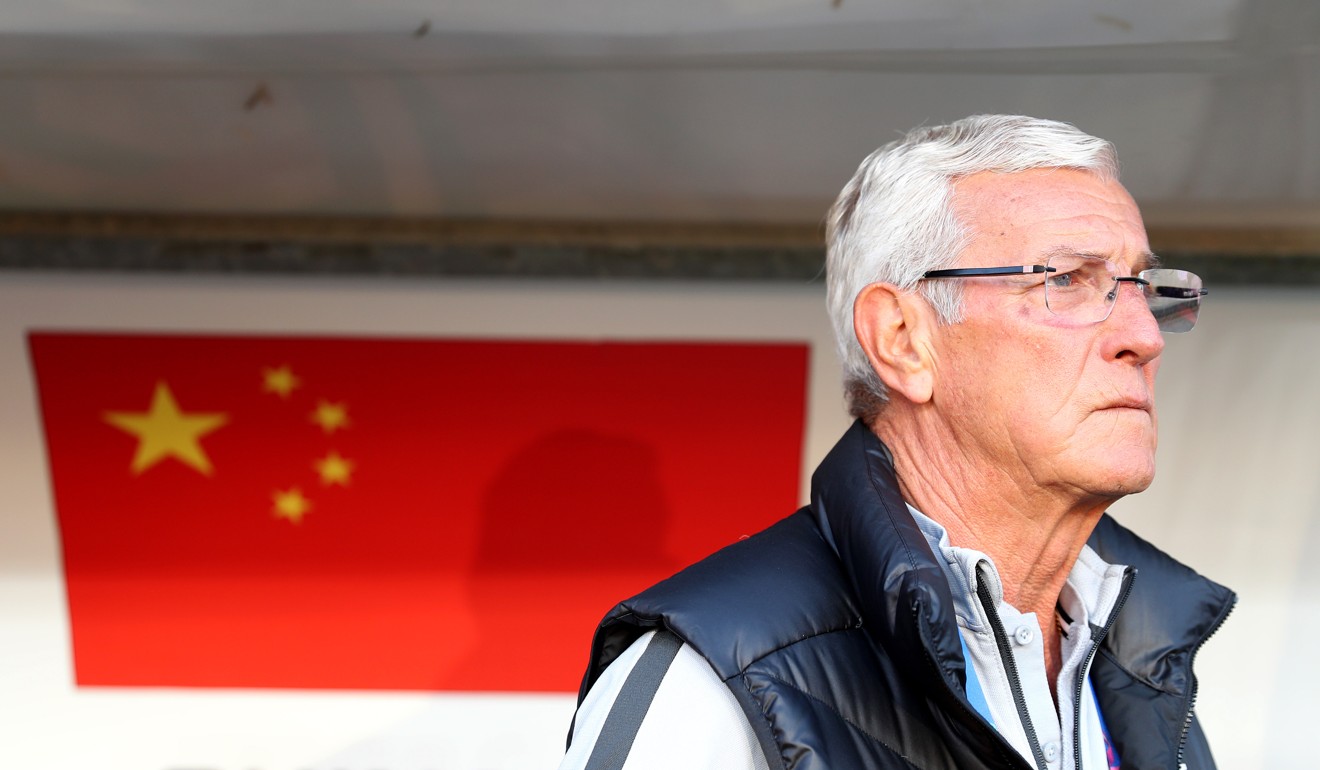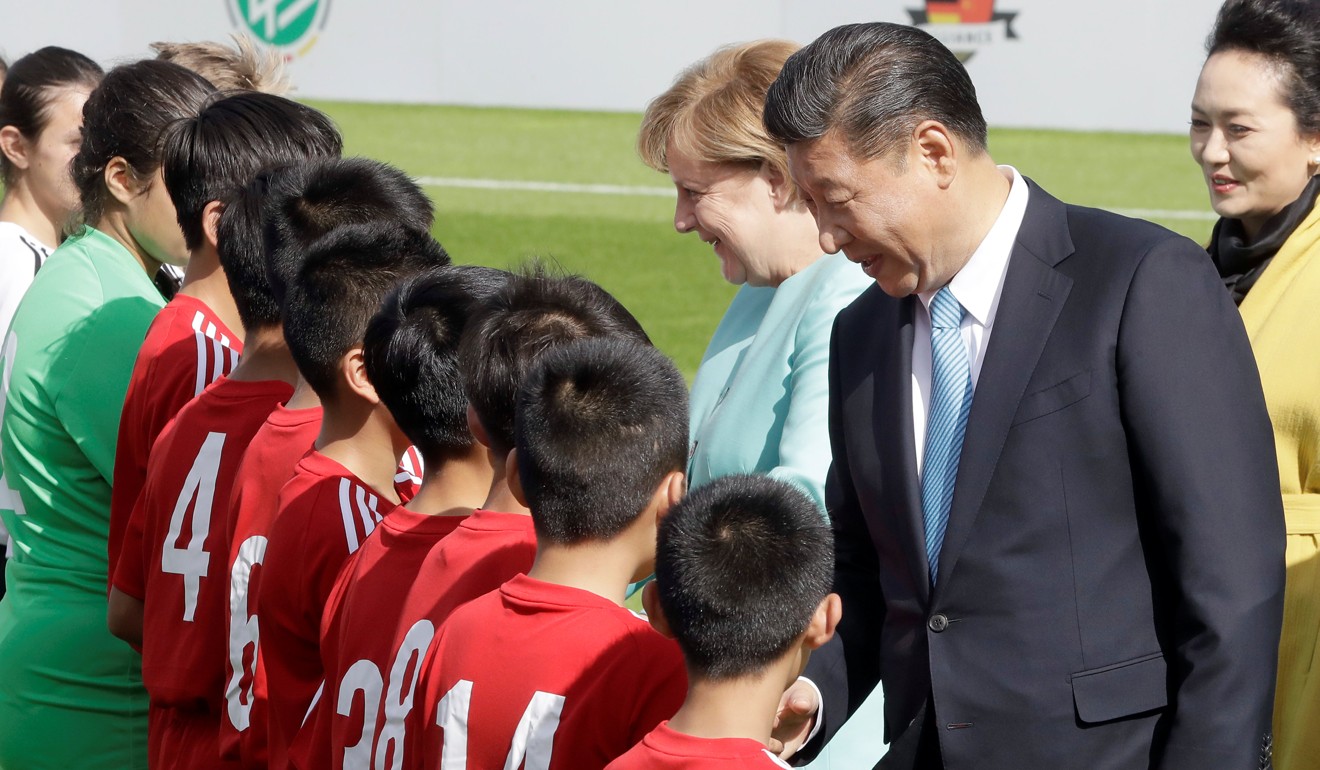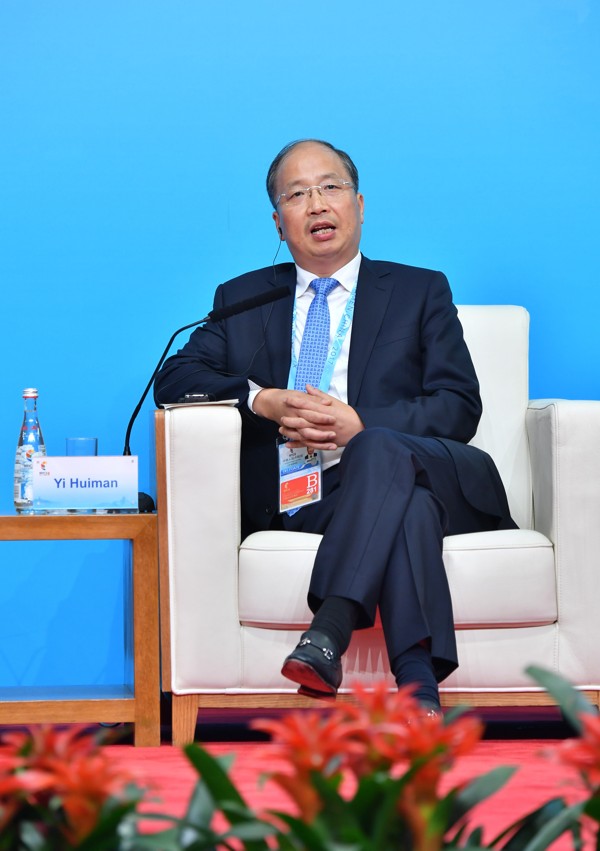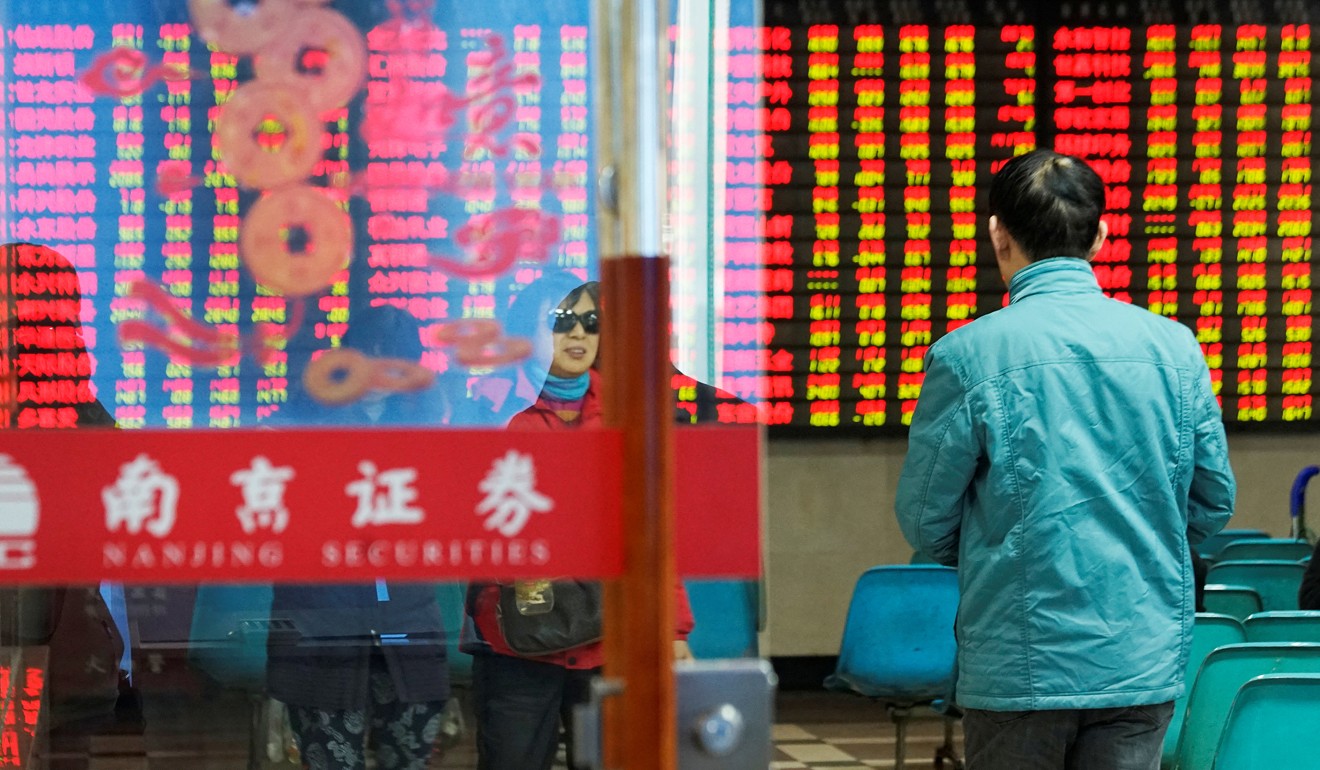
From football to stocks, the meddling Chinese government keeps scoring own goals
- What do the departures of China’s national soccer coach Marcello Lippi and its securities watchdog chief Liu Shiyu have in common? More than you might think
As some cynical observers in China put it so well, the country’s most high-profile but totally thankless jobs are being the coach of the national soccer team and the head of the securities watchdog.
Last month, it just so happened that within the space of two days the incumbents of both positions departed. They left for different reasons, but their departures nonetheless once again focused the spotlight on two emotive issues which deeply affect the heartstrings – and purse strings – of tens of millions of Chinese.
On January 24, Marcello Lippi, one of the world’s most successful soccer managers, said he would quit the Chinese national team. Even though he had earlier indicated he would not sign another contract after his current two-year tenure ended in 2019, his departure will follow the Chinese team’s humiliating defeat and exit from the Asian Cup quarter finals at the hands of Iran.
The TV host taking on the rich, famous and powerful in China
Two days later, the Chinese government announced it would replace Liu Shiyu, the head of the China Securities Regulatory Commission (CSRC), with another banker after China’s stock markets became one of the world’s worst performers last year.
The implications of the changes, which have triggered a flood of comments in both state and social media, highlight the growing frustration and helplessness felt by the Chinese people as they search for fixes in two of their favourite pastimes – watching soccer and trading stocks.
If history can be any guide, their collective disenchantment will continue so long as the Chinese government relishes its meddling and domineering role.

Lippi is the ninth foreign coach China has hired in the past 26 years, but China’s national soccer team has hardly gone anywhere, and is still languishing in the second or third tier of countries in Asia.
Just like those of his predecessors, the appointment of Lippi – who led Italy to win the 2006 World Cup – had briefly raised hopes among China’s soccer fans, because of his reputation and the fact he led the Guangzhou-based club Evergrande to three Chinese Super League titles and the 2013 AFC Champions League title.
He was reportedly paid an annual tax-free salary of US$26 million, making him one of the best-paid coaches in the world.
Although the Chinese media credited him for building up a relatively stronger team, it still failed to qualify for the 2018 World Cup in Russia and suffered a quarter-final exit at the Asian Cup for the second tournament in a row. There have been a litany of reasons behind the dismal performances of the national team, but a lack of young talent and creative players have always been the key stumbling blocks.
That explained why Lippi was forced to choose mostly ageing players for his team, with key players coming from his old club Evergrande. For that alone, China’s national sports authorities, the China Football Association in particular, should bear the main blame as it has yet to develop a comprehensive and systematic plan to groom and train young talents.
Even Xi hits China’s bureaucratic brick wall
In recent years, the Chinese government has begun to invest billions of yuan into the sport, sprucing up the Super League teams by importing foreign players and coaches, and building tens of thousands of football schools as part of a long-term plan released in 2015. But the results have been mixed, as the top scorers in the Super League tend to be foreign players and the highly paid Chinese players are better known for their lavish lifestyles than their footwork on the field.

As the qualifying matches for the 2022 World Cup are little more than 200 days away, Chinese sports officials are likely to resort to their old tricks and hire another foreign coach.
Meanwhile, the dismayed Chinese fans are left to fume about why the odds of finding and training 11 competitive players seem so long, when there’s a population of 1.4 billion people to choose from.
Moving on to Liu, who ran the securities regulator for three years, his departure came both as a surprise and as no surprise at all. His departure largely fits a pattern, as all of his predecessors have stayed at the job for only two or three years (baring the fifth head, Shang Fulin, who held the job for nearly nine years). Like Liu and his predecessors, the new head Yi Huiman is also a veteran banker – he is the former chairman of the Industrial and Commercial Bank of China, the largest bank in the country.

It is equally no surprise that, like all his predecessors, Liu leaves behind him a mixed bag of results. He was credited for cracking down on rampant insider trading and other market irregularities, levying fines totalling 10.64 billion yuan (US$1.6 billion) last year, more than double the total in 2016 when he took over.
Under his leadership, CSRC also sped up approvals for new listings. But he has failed to shift China’s much-criticised government-directed stock-listing approval system to a Western-style registration that would allow market forces to play a bigger role. In addition, the much-touted introduction of Chinese depositary receipts, which were supposed to lure China’s overseas-listed tech giants to their home markets, also failed to materialise.
Liu’s new job comes as a surprise as he has been appointed the de facto head of the All China Federation of Supply and Marketing Co-operatives, one of the last few remaining and little known remnants of the planned economy – a nationwide syndicate of grass roots supply co-operatives to serve farmers.
Spendthrift Chinese tourists show tax is economy’s real problem
The significance of the job change – from the high-profile head of securities regulator to the head of the farming cooperative syndicate – has raised speculation about Liu’s political fortunes, with some seeing his new job as an effective demotion or, even worse, a prelude to the end of his career.
But if one examines his new job more closely, there is more to it than meets the eye.
Xi has made eradicating absolute rural poverty by 2020 a priority, along with boosting agricultural development to bridge the income gap with urbanites. Liu’s new portfolio therefore takes on a renewed importance and urgency because of his agency’s vast reach in rural areas.
Unlike the mature overseas markets, which are dominated by the funds and mainly guided by economic fundamentals, China’s stock markets are influenced more by the government’s shifting economic directives and dominated by 140 million small investors.

As a result, the securities regulator has always been the lightning rod for widespread criticism of any sluggish market performance because of the government’s heavy-handed micromanagement approach, which includes deciding which companies qualify for initial public offerings (IPOs); when; and at what prices.
Against repeated calls for reform, the CSRC head has taken the blame publicly for clinging to its power and being reluctant to undertake the necessary action, but in fact, it has been the Chinese leadership that has refused to give the CSRC a freer rein.
Why are so many Chinese officials killing themselves?
The latest folly is that instead of focusing its efforts upon fixing and energising the main boards in Shanghai and Shenzhen, the Chinese government has announced it will set up a new technology board on the Shanghai Stock Exchange. This will be aimed at attracting tech firms seeking IPOs with the promise of more market-friendly measures such as the registration-based IPO system.
But the thing is that Shenzhen already has a tech-focused second board – and it is not doing well. Setting up a new one in Shanghai will not help much in the long term, and for the short term, it will probably serve only to suck more funds out of the main boards, further depressing trading of the main boards.
If the central government is willing to grant the new Shanghai board more market-friendly measures, why shouldn’t it use them on the main boards of Shanghai and Shenzhen?
So long as the government’s meddling role remains undiminished, the new securities regulator Yi Huiman is likely to be in for a thankless ride, just like so many of his predecessors. ■
Wang Xiangwei is the former editor-in-chief of the South China Morning Post. He is now based in Beijing as editorial adviser to the paper

